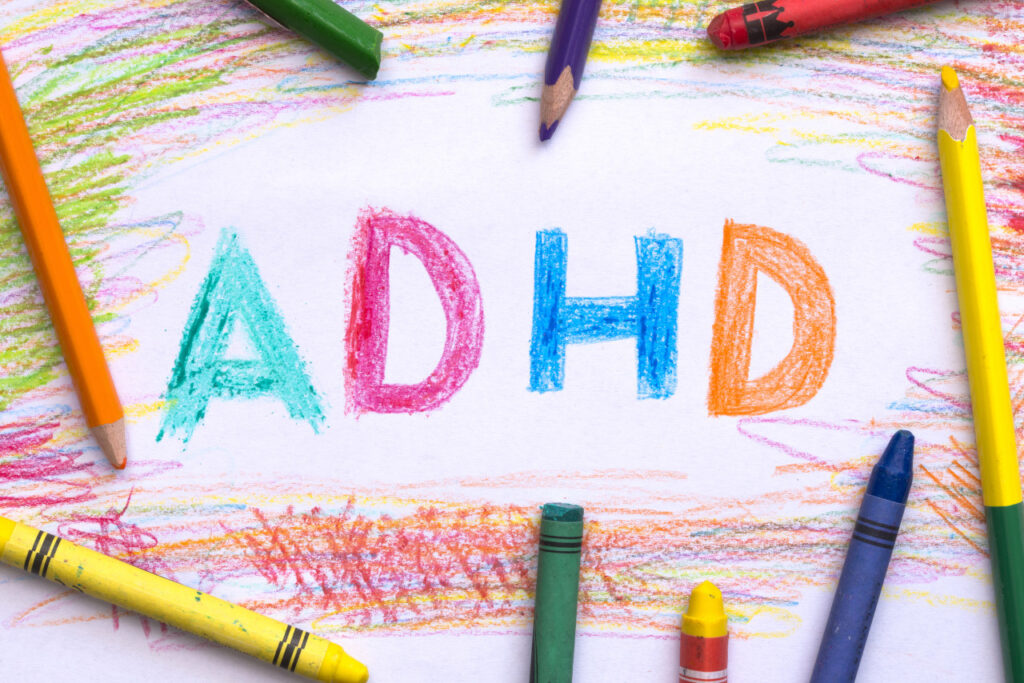Masking is often brought up when discussing neurodivergence and the tendency of kiddos to mask or hide their personalities or behaviors that they believe to be neurodivergent in an attempt to appear neurotypical. It is commonly discussed in the ASD community, but can often appear in many neurodivergent circles, especially ADHD ones. One key consideration is that the masking of ADHD is less of a conscious choice on the part of the kiddo and more of a reality of the dual expression of two seemingly conflicting cognitive considerations: ADHD and High IQ (Intelligence Quotient).
For many ADHD kiddos, hallmark symptoms and struggles lie in the executive functioning category: difficulty with attention, impulse control, emotional regulation, organizational skills, etc. These struggles can often be masked or counter-balanced by the strengths that tend to come with high IQ: quick pattern matching; rapid grasp of concepts; and ability to absorb, retain, and recite large volumes of information. Kiddos often use these strengths and skills to develop their own coping skills and means of managing their ADHD symptoms, which may have unintended consequences such as burn-out or low self-esteem.
Often for kiddos who are both high IQ and ADHD, they can manage well enough academically, but may feel as though they fall short in other arenas. Commonly, kiddos with both high IQ and ADHD may struggle more in the social realm than their peers. The disparity between their academic skills and social skills often does not go unnoticed by these hyper-observant kiddos, and may lead to feelings of inadequacy or low self-esteem.
While high IQ may mask certain symptoms of ADHD, it can create other challenging dynamics and struggles for these kiddos. They may be more aware of their struggles, and they may struggle more with social skills or even emotional regulation as a result. High IQ for kiddos with ADHD can often be a double-edged sword in this way, and warrants a deeper discussion and investigation on the part of parents, teachers, and therapists.

